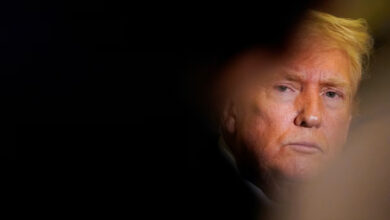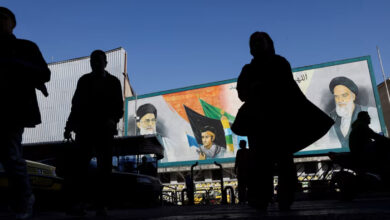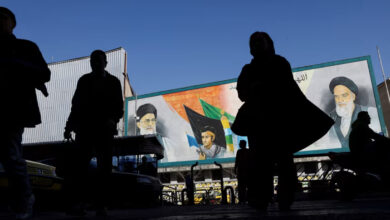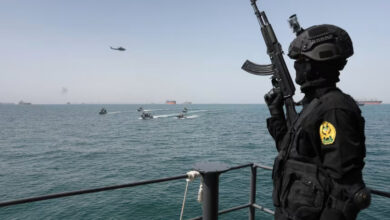The Gulf Cooperation Council called Sunday for international inspectors to be sent to Iran's Bushehr nuclear plant over concerns of possible radiation leaks after an earthquake hit the area.
The body demanded the International Atomic Energy Agency "send a specialized technical team to inspect the Bushehr nuclear plant and investigate potential damage," GCC chief Abdullatif al-Zayani told an emergency meeting of top Gulf officials.
A 6.1 magnitude quake hit Iran on Tuesday at a depth of 7.5 miles, in the area of Kaki, according to the Iranian Seismological Center.
Zayani said the earthquake would "sound alarm bells over the safety of a nuclear plant situated in an area with high seismic activity," urging Iran to commit to international safety standards.
Zayani warned officials at the meeting in Riyadh of the "deep concern among GCC states and the international community about the potential risk that any damage to Iran's nuclear plant could cause radiation leaks."
GCC states had already "warned that radiation leaks from Bushehr plant could have damaging effects on the natural environment in the Gulf region," he said.
The quake killed 37 people and injured 850 others, Iranian authorities said, and was felt in nearby Kuwait, Oman, Saudi Arabia and the United Arab Emirates.
Iran said it informed the IAEA there had been no damage to the nuclear power plant in Bushehr, nearly 55 miles northwest of the earthquake's epicenter.
Iran's atomic chief Fereydoon Abbasi Davani said that the power plant was not operational when the quake struck as it was "under maintenance," Iranian media reported.
The Bushehr plant has yet to become fully operational, as its construction has suffered a number of delays and setbacks.
Iran's nuclear drive has put it at loggerheads with the West and Israel, who suspect the country of developing atomic weapons. Tehran has repeatedly denied the claims and insists its nuclear program is for peaceful purposes only.




